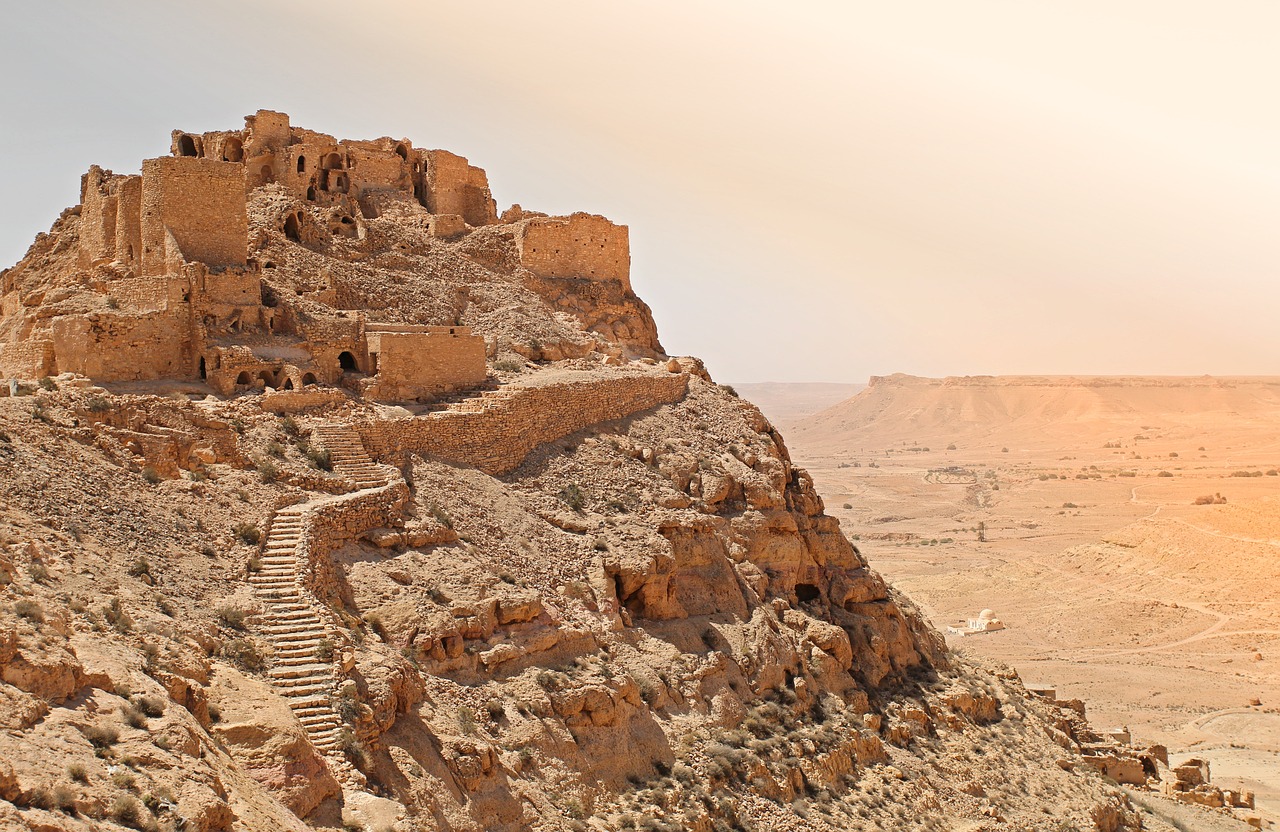Tunisia Video
Learning Tunisia Language: Quick Tips and Resources
Learning a new language can be an exciting and rewarding experience. If you’re interested in learning the Tunisia language, also known as Tunisian Arabic, you’re in the right place. In this article, we’ll provide you with quick tips and resources to help you get started on your language learning journey.
Introduction to Tunisia Language
Tunisia is a North African country with a rich cultural heritage and a unique language. The Tunisia language, also known as Tunisian Arabic, is the variety of Arabic spoken in Tunisia. It has its own distinct features and vocabulary, making it an interesting language to learn for those who are passionate about Arabic dialects.
Why Learn Tunisia Language?
Learning the Tunisia language can open up a world of opportunities, both personally and professionally. Here are some reasons why you should consider learning Tunisian Arabic:
- Cultural immersion: By learning the Tunisia language, you’ll be able to immerse yourself in the rich culture of Tunisia and connect with the locals on a deeper level.
- Travel: If you plan to visit Tunisia, knowing the local language will greatly enhance your travel experience and allow you to navigate the country with ease.
- Job opportunities: Tunisia has a growing economy, and knowing the Tunisia language can be an advantage when seeking job opportunities in various sectors.
- Personal growth: Learning a new language challenges your brain and enhances cognitive abilities, improving memory, problem-solving skills, and overall mental agility.
Quick Tips for Learning Tunisia Language
To make your language learning journey smoother, here are some quick tips to keep in mind:
- Start with the basics: Begin by learning the alphabet, common greetings, and basic phrases. This will provide you with a solid foundation to build upon.
- Practice pronunciation: Tunisian Arabic has its own unique pronunciation rules. Take the time to practice the sounds and intonation patterns to improve your speaking skills.
- Immerse yourself in the language: Surround yourself with Tunisian Arabic as much as possible. Watch movies, listen to music, and engage in conversations with native speakers.
- Use language learning apps: There are several language learning apps available that can help you practice vocabulary, grammar, and pronunciation at your own pace.
- Find a language exchange partner: Connect with someone who speaks Tunisian Arabic and is interested in learning your native language. This way, you can practice speaking and improve together.
- Join language classes or courses: Enroll in a language class or online course specifically designed for learning Tunisian Arabic. This structured approach can help you progress faster.
Useful Resources for Learning Tunisia Language
Now that you have some quick tips, here are some useful resources to aid your learning journey:
- Tunisian Arabic Phrasebook: A handy phrasebook will provide you with commonly used phrases and expressions for everyday situations.
- Online Language Courses: Platforms like iTalki, Duolingo, and Memrise offer Tunisian Arabic courses taught by native speakers.
- Tunisian Arabic Dictionary: A reliable dictionary will help you understand and translate words and phrases from Tunisian Arabic to your native language.
- Tunisian Arabic Podcasts: Listening to Tunisian Arabic podcasts can improve your listening skills and expose you to authentic conversations.
- Tunisian Arabic YouTube Channels: YouTube channels dedicated to teaching Tunisian Arabic provide valuable resources, including lessons, vocabulary, and cultural insights.
- Language Learning Websites: Websites like Transparent Language and Clozemaster offer interactive exercises and language learning materials for Tunisian Arabic.
Tunisia Image 1:

Exploring Tunisia Culture
To truly understand a language, it’s important to explore the culture it is embedded in. Tunisia has a rich and diverse culture that reflects its history and influences from various civilizations. Here are some aspects of Tunisian culture to discover:
- Cuisine: Tunisian cuisine is known for its flavorful dishes like couscous, brik, and tajine. Exploring Tunisian food will not only introduce you to new flavors but also provide insight into the local culture.
- Traditional Clothing: Traditional Tunisian clothing, such as the jebba and the fouta, are unique and have cultural significance. Learning about traditional clothing can deepen your understanding of Tunisian customs.
- Music and Dance: Tunisian music and dance, such as the mezoued and the debka, are integral parts of the culture. Experiencing traditional music and dance performances can give you a glimpse into Tunisian traditions.
- Art and Crafts: Tunisian art and crafts, including pottery, carpet weaving, and mosaic work, are renowned for their intricate designs. Exploring these art forms can provide insights into Tunisia’s artistic heritage.
Tunisia Image 2:

Connect with the Tunisian Arabic Community
One of the best ways to practice and improve your Tunisian Arabic skills is by connecting with the Tunisian Arabic community. Here are some ways to do so:
- Language Exchange Meetups: Look for language exchange meetups or conversation groups in your area where you can practice speaking Tunisian Arabic with native speakers.
- Online Language Forums: Join online language forums or communities dedicated to Tunisian Arabic. Engage in discussions and ask questions to improve your understanding of the language.
- Social Media Groups: Join Tunisian Arabic language learning groups on platforms like Facebook or Reddit. Connect with fellow learners and native speakers to practice and exchange language tips.
Tunisia Image 3:

Conclusion
Learning the Tunisia language can be a fulfilling and enriching experience. By following the quick tips and utilizing the available resources, you’ll be well on your way to becoming proficient in Tunisian Arabic. Immerse yourself in the culture, connect with the community, and enjoy the journey of language learning.
References
– Tunisian Arabic Dictionary: tunisiandictionary.com
– iTalki: italki.com
– Duolingo: duolingo.com
– Memrise: memrise.com
– Transparent Language: transparent.com
– Clozemaster: clozemaster.com


